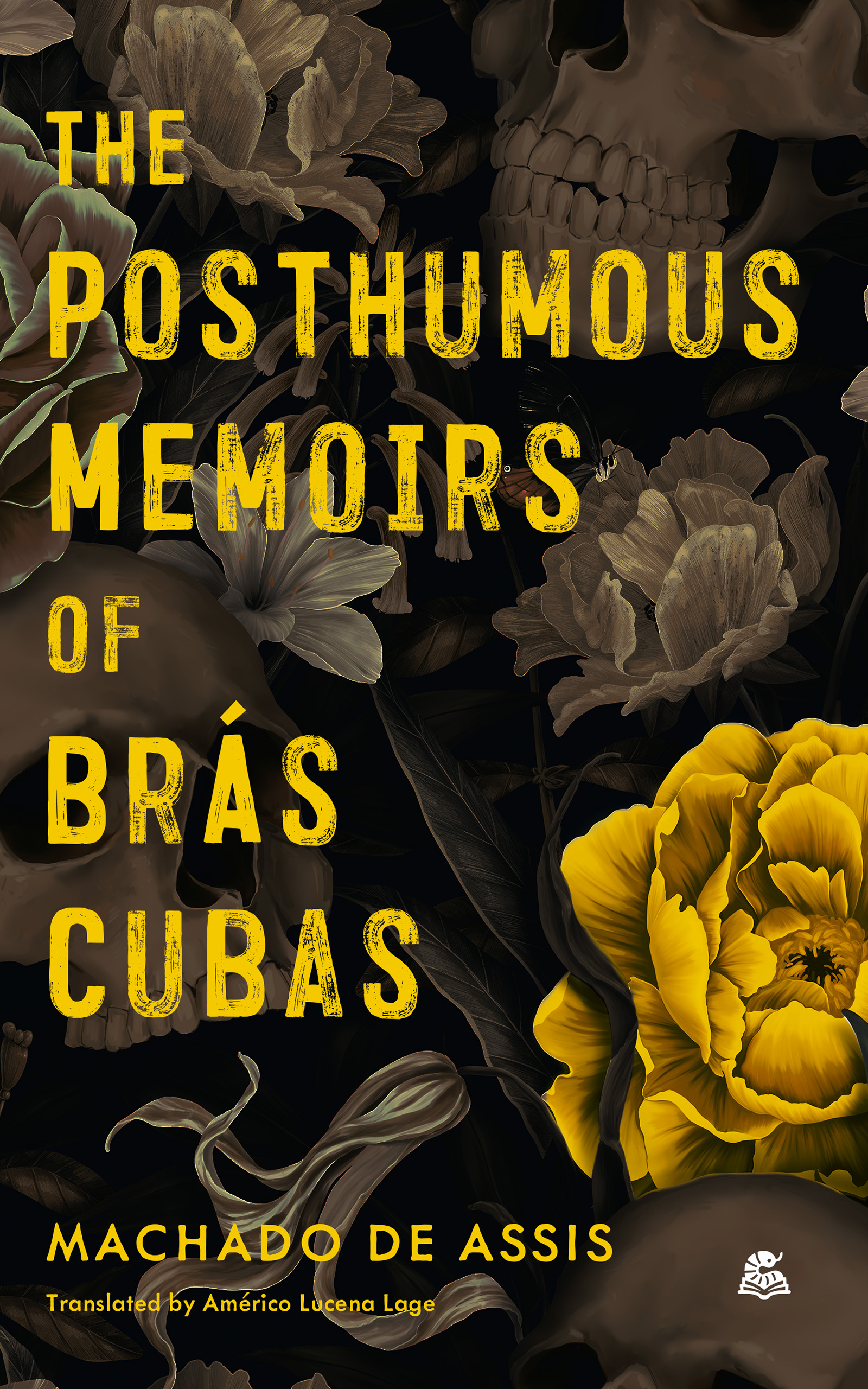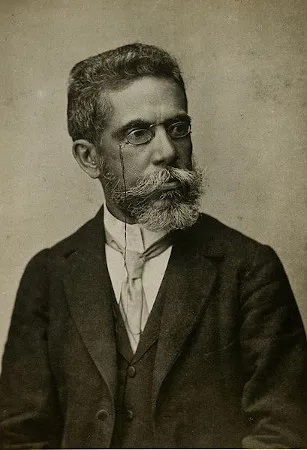The Posthumous Memoirs of Brás Cubas
Discover life’s absurdities from beyond the grave in Machado de Assis’ darkly humorous classic.


US$ 2.99! Hurry up! Offer ends in:
***
Dive into the whirlwind life and afterlife of Brás Cubas, a man who decides to tell his story from beyond the grave. The Posthumous Memoirs of Brás Cubas is not your typical ghost story but a daring, humorous, and profoundly introspective journey through the eyes of a deceased narrator. This groundbreaking novel by Machado de Assis, a titan of Brazilian literature, blends dark comedy, philosophical musings, and the absurdities of human nature into a narrative that defies the conventions of its time—and perhaps ours.
As Brás Cubas navigates the complexities of love, ambition, and society from a perspective only death can offer, he invites you to question the very essence of success, happiness, and the unspoken truths of our existence. With its modernist flair and unconventional storytelling, this novel resonates with the existential dilemmas facing us today, wrapped in a narrative that's as entertaining as it is thought-provoking.
Prepare to be charmed, provoked, and entertained by a character who, in refusing to take life (and death) too seriously, offers a refreshing take on the age-old question of what it means to be truly alive.

Joaquim Maria Machado de Assis (1839-1908) is widely regarded as one of the greatest writers in Brazilian literature. Born in Morro do Livramento, Rio de Janeiro, Machado's life and work reflect the complexities and contradictions of 19th-century Brazil. Despite being born into a mixed-race family in a society marked by racial prejudice and economic disparity, Machado transcended these barriers through his prodigious talent and determination.
Largely self-taught, Machado acquired knowledge in various fields including languages (English, French, Latin), law, and chess. His literary career began in the Romantic tradition with works like “Helena” and “Iaiá Garcia,” but it was his later works, particularly “The Posthumous Memoirs of Brás Cubas,” “Dom Casmurro,” and “Quincas Borba,” that established him as a master of psychological and social realism.
“The Posthumous Memoirs of Brás Cubas” (also known as “Epitaph of a Small Winner”) is perhaps his most celebrated novel. Published in 1881, it introduces readers to the sardonic and reflective narrator, Brás Cubas, who recounts his life story from beyond the grave. This novel is renowned for its innovative narrative style, combining wit, irony, and a keen insight into human nature, existential musings, and the absurdity of societal norms. Machado de Assis’s work not only transformed Brazilian literature but also left a lasting impact on writers around the globe.